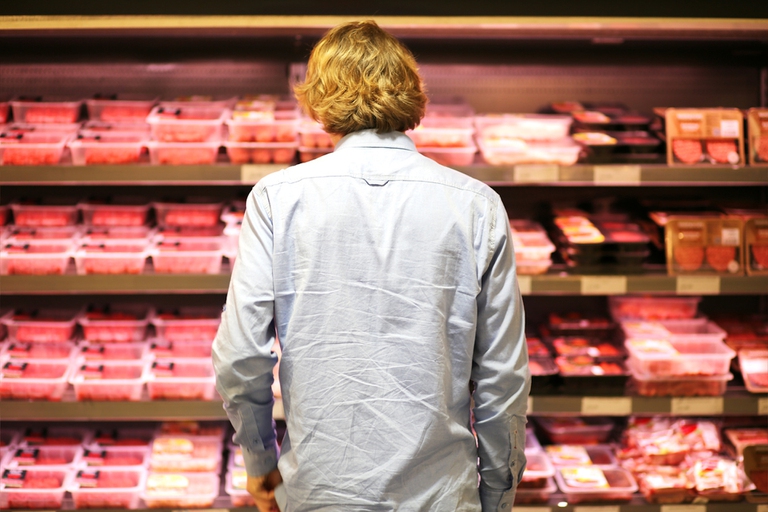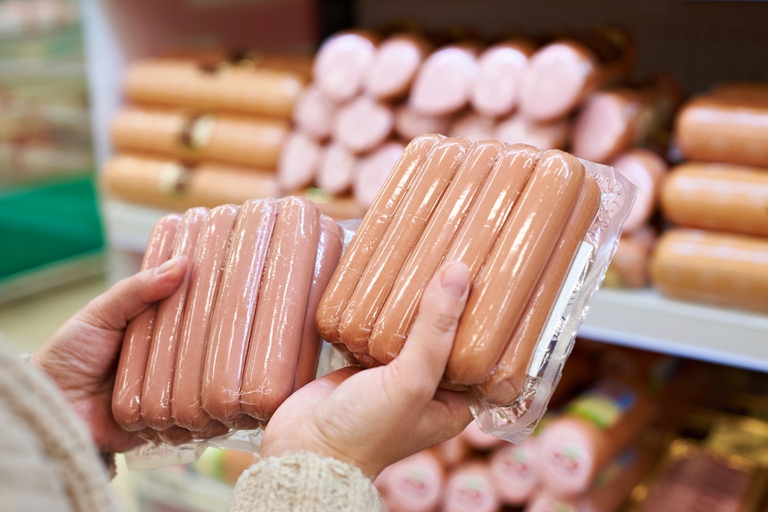https://www.lifegate.it/limiti-nitriti-nitrati-commissione-europea
- |
- Nitrites and nitrates are additives present especially in cured meats and processed meats to combat bacteria and maintain an inviting appearance.
- These substances, once ingested, can transform into nitrosamines which are potentially carcinogenic.
- To protect citizens' health, the European Commission has lowered the limits for the use of nitrites and nitrates in foods.
THE nitrites and i nitrates present in foods must be reduced:an r says itregulation adopted on 6 October by the European Commission That reduces the limits by approximately 20 percent for the use of these food additives.The measure falls within the scope of European plan to fight cancer which has as its central objective the protection of the health of European citizens:nitrites and nitrates are, in fact, substances which, once introduced into the body, can transform into potentially carcinogenic.

New limits for nitrites and nitrates in foods
The new limits for nitrites and nitrates are the result of an evaluation of theEfsa, the European Food Safety Authority, and were unanimously approved by the Member States.“By setting new limits for these additives in food, we are taking another step towards food safety and carrying out another important action under Europe's cancer plan,” said the responsible commissioner. Stella Kyriakides. “I urge the food industry to quickly apply the new rules.”In this regard, companies will have two years to adapt to the new limits.
Nitrites and nitrates: what they are, where they are found and how to limit them
Nitrites are indicated with acronyms on the labels of food products E251 and E252, while the nitrites with the acronyms E249 and E250.These are additives very often present in cured meats and in processed meats with two main functions, protect against pathogenic bacteria, such as Listeria, Salmonella, Clostridia, and maintain a bright red colour. However, several studies have demonstrated a health risk associated with the consumption of these substances:once ingested, nitrites and nitrates are transformed into nitrosamines which are potentially carcinogenic.With the new restrictions indicated by the European Commission, the limits will still guarantee the food safety, but they will help reduce the risk of cancer.

To reduce the use of additives there are several solutions:for cooked ham, for example, one should be indicated shorter expiry date, for the raw one more controls would be needed temperature and salting in the production phase.In the meantime, to limit exposure to nitrates and nitrites, as suggested by Anses, the French Agency for Food Safety, it is necessary to limit the consumption of cured meats (from which 50 percent of the exposure to these additives derives) to a maximum of 150 grams per week.
